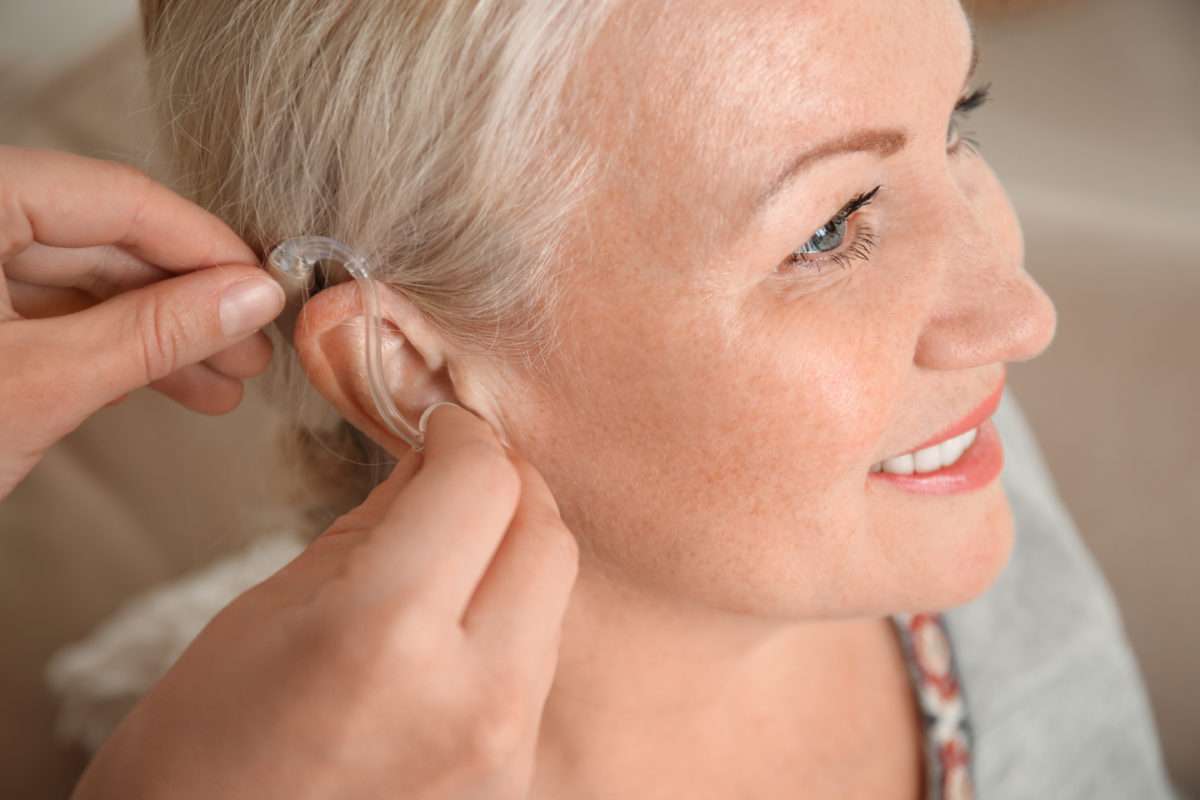When treating hearing loss, it is crucial that your hearing aids properly fit and are tailored to meet your needs. One of the most important parts of this process is performing real ear measurements, which allows your audiologist to program your new hearing aids to best suit your needs. While this should be a commonplace practice, only 30% of hearing aid practices perform real ear measurements. To get the best possible results, it is important to visit an experienced audiologist who will take this step to improve your hearing.
What are Real Ear Measurements?
Real ear measurements ensure that your hearing aids are properly programmed according to your prescription for your hearing loss. By taking real ear measurements, your audiologist adjusts the programming of your hearing aids from the manufacturer so that it matches your hearing needs.
Why are Real Ear Measurements Necessary?
Hearing aids are programmed by the manufacturer to meet hearing needs as closely as possible, but the unique shape and size of each patients’ ears affects hearing as well. Real ear measurements allow your audiologist to adjust the frequency and intensity of the hearing aids according to your unique size and shape of your ear, creating a more custom fit for your hearing loss.
You can think of this process like a vision test. Rather than offering several glasses and asking you to pick the best one, your optometrist carefully adjusts your prescription and asks for your feedback before arriving at a solution specified for your needs. By taking real ear measurements, your audiologist similarly creates a customized, accurate fit for your hearing aids.
How are Real Ear Measurements Taken?
During real-ear measurements, a thin probe microphone is inserted into the ear canal alongside the hearing aid. The audiologist obtains readings of the exact sound levels the user is receiving from the hearing aid while listening to various recorded speech samples. Using specialized software, the audiologist is able to adjust the hearing aid settings to ensure a customized, accurate fit and guarantee that all speech sounds are now audible.
Schedule an Appointment
If you are frustrated that you have to say “what” often or feel that your current hearing aids are not working properly, you should schedule an appointment with Hearing Doctors of New Jersey. Call our Livingston office at (973) 577-4100 or request your appointment online.
Click here now to receive your FREE insider’s guide to learn how to make an informed and intelligent decision when purchasing a hearing aid!




